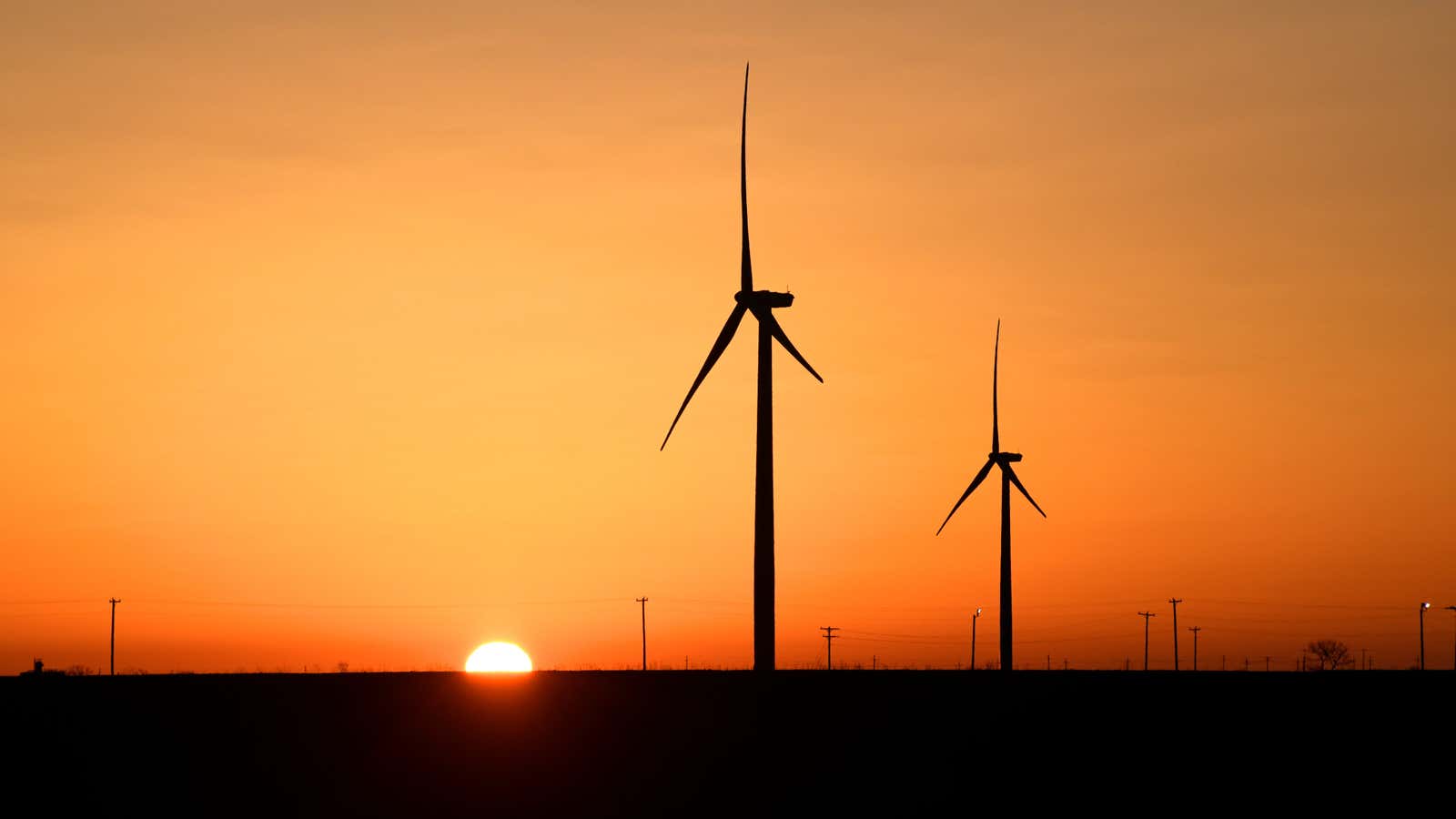How slow can the Indian electricity market be? The earliest wind farms built since India began auctioning power purchase agreements still haven’t closed the deals with distribution utilities in the northern state of Uttar Pradesh.
After winning the government’s first auction of electricity supply deals for wind farms in 2017, developers installed up to 1,050 megawatts (MW) capacity, about 440 megawatts of this for the distribution firms.
Uttar Pradesh Power Company (UPPCL), the state government firm that oversees these utilities, has been buying electricity from the wind farms since they became operational last year. Yet, for almost two years, UPPCL didn’t meet the procedural requirement of petitioning the state electricity regulator to approve the deal. This was key to formalising the “power supply agreement” into a “power purchase agreement,” a legal imperative if it must sell electricity to the utilities.
UPPCL eventually filed for approval earlier this year. While hearing the petition on Sept. 26, the regulator lambasted the firm for the delay. It also threatened to pursue action against UPPCL for buying electricity from the wind projects without its approval.
Now the developers are caught between a rock and a hard place.
More curtailment
UPPCL has now reportedly stopped the off-take of electricity until the sale agreements are approved.
The utilities can fill any resultant gap in demand by ramping up generation from coal-fired plants. But the longer the hearings drag, the greater the amount of power generated at the wind farms that would be lost.
This once again reflects the inefficiency of state-run utilities, hampering electricity generation from renewable sources. Utilities are notoriously behind on payments to renewable energy developers, with $420 million in dues pending, and some delayed by over a year. Unlike coal plant owners, who have relatively more capital and cash flow, wind and solar generators are finding such long delays lethal to their survival.
Meanwhile, the southern state of Andhra Pradesh is forcing developers to renegotiate old contracts and bring down tariffs. In an apparent attempt to arm-twist them, developers say, the state’s utilities have reduced the off-take from their projects, violating the “must run” status that renewable sources of electricity have in the country.
In Uttar Pradesh, however, even the “must run” status cannot be a refuge for troubled wind projects, as it’s applicable only after a power purchase agreement has been signed.
